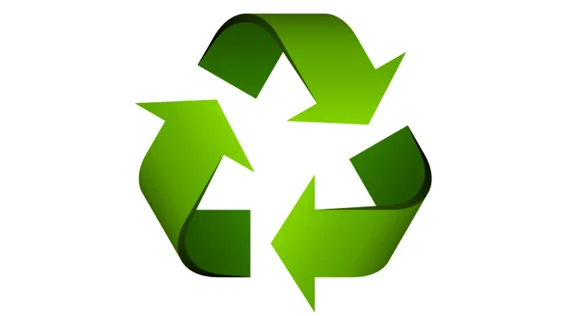
SEATTLE (Waste Advantage): The banning of organic food waste from landfills is a trend in the U.S. that localities should take notice of today. Six states have organic food waste bans in place to date and they are: California, Massachusetts, Vermont, Connecticut, Rhode Island and New York. While not focused on individual households, these bans are focused on large producers of food waste: cafeterias, hospitals, universities, grocery stores and restaurants. In 2014, Massachusetts banned hospitals, universities and large businesses from sending food waste to landfills. During the same year, a law was passed in California requiring businesses to recycle their organic waste on and after April 1, 2016. In April 2019, New York passed a law requiring diversion of organic food waste from certain businesses that will become effective on January 1, 2022.
The need to reduce the production of greenhouse gases has been the impetus driving this legislation. Instead of being landfilled and contributing to the release of greenhouse gases in the form of methane, organic food waste can be composted (an aerobic process that does not produce methane) or used in anaerobic digestors. Anaerobic digestors produce a biogas that is mostly methane and carbon dioxide. The carbon dioxide can be removed, leaving only methane, which is the primary component of natural gas. The solid material that is left after anaerobic digestion occurs is called digestate, which is nutrient-rich and can be used as fertilizer for crops.
Operational Challenges
As these six states and some select cities work through the operational challenges of establishing an organic food waste management program, they are learning that changing habits of humans is incredibly difficult and that community outreach is an essential component of successful programs.
Similarly, there is a growing need for community outreach by our industry on a national level. While banning food waste from landfills is occurring on a localized basis, recycling programs across the country are facing the immediate need for effective public outreach.
For historical context, this need began when China issued its 2017 National Sword policy and 2018 ban on mixed paper and mixed plastic imports. Unfortunately, the recyclable materials that China was receiving from the U.S. contained contamination (i.e., trash) mixed in with the recyclable materials. Since manufacturers cannot use contaminated raw material, China was required to remove the contamination. As a result, China banned the import of mixed plastics and mixed paper.
Consequently, India emerged as one of the largest importers of recyclable plastic, after the China ban was implemented in 2018. Just a year later, however, India banned plastic import due a lack of sufficient infrastructure to process the new quantity of materials, adding even more stress to recycling programs here in the U.S.
Courtesy: www.wasteadvantage.com
| Copper Scrap View All | |
| Alternator | 0.32 (0) |
| #1 Copper Bare Bright | 3.76 (-0.01) |
| Aluminum Scrap View All | |
| 356 Aluminum Wheels (Clean) | 0.73 (0) |
| 6061 Extrusions | 0.64 (0) |
| Steel Scrap View All | |
| #1 Bundle | 460.00 (-15) |
| #1 Busheling | 480.00 (-15) |
| Electronics Scrap View All | |